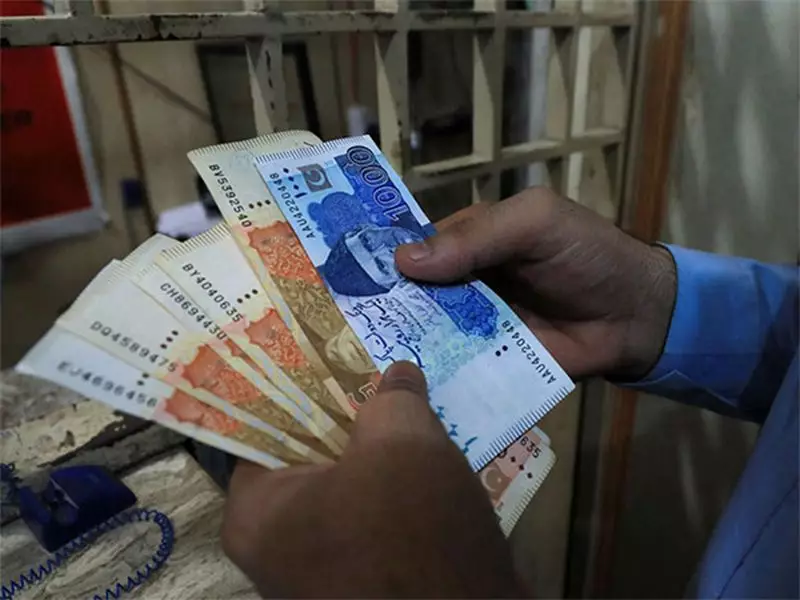
Pakistan's economic challenges continue to mount as the latest data reveals a worrying uptick in inflation, reaching 6.2% in June 2024. This marks another period of financial pressure for millions of Pakistanis struggling with rising living costs.
Consistent Upward Trend in Core Prices
The most concerning aspect of the latest economic data is the persistent surge in core prices, which excludes volatile food and energy items. This indicates that inflationary pressures are becoming more entrenched in the Pakistani economy, potentially requiring stronger policy responses from the central bank.
Month-over-Month Analysis Shows Worsening Situation
When examining the month-over-month changes, the situation appears even more dire. Consumer prices increased by 0.5% in June compared to May, suggesting the inflationary trend is accelerating rather than stabilizing.
Impact on Daily Life
The rising inflation is having tangible effects on Pakistani households:
- Reduced purchasing power for fixed-income families
- Increased financial strain on middle-class households
- Growing concerns about essential commodity prices
- Potential impact on savings and investment patterns
Economic Policy Implications
This persistent inflation presents significant challenges for Pakistan's economic policymakers. The central bank may face pressure to maintain or even tighten monetary policy despite other economic concerns. The government's fiscal management will also come under increased scrutiny as it balances between controlling inflation and supporting economic growth.
The continuing price surge raises important questions about Pakistan's economic stability and the effectiveness of current policy measures in containing inflationary pressures.






